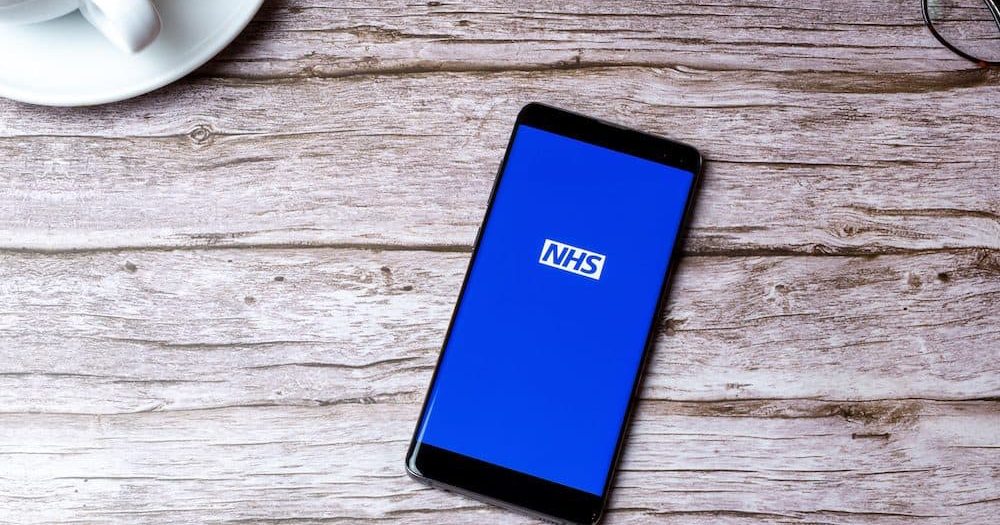UK’s NHS App to offer clinical trial access soon

The NHS App — already a quiet workhorse for appointments, prescriptions, and health records — is about to don a new hat: gateway to the future of medicine. In a bold move to turn every willing citizen into a research hero, the UK government is baking clinical trial access right into the app. With a little help from artificial intelligence and a lot of ambition, this digital upgrade aims to speed up research, break down barriers, and put more patients at the front of the queue for tomorrow's treatments.
Health Secretary Wes Streeting didn't mince words: "The British people showed they were willing to be part of finding the vaccine for Covid, so why not do it again to cure cancer and dementia?" His message is simple — if you've got a smartphone, you've got a seat at the table of medical discovery.
How will it work?
Here's what's coming down the pipeline:
- The NHS App will soon integrate with the NIHR's Be Part of Research platform, letting users discover and join clinical trials.
- Eventually, AI will do the heavy lifting, scanning health records and user preferences to suggest relevant studies. You'll get a nudge — an alert — when something fits.
- It won't just be tech-savvy early adopters who benefit. The design aims for inclusivity, welcoming people from under-represented groups, particularly young adults, and Black and South Asian communities.
The idea? Match the right person with the right trial at the right time — with as little friction as possible.
Why does it matter?
The stakes are high — and the payoff, potentially massive. Every new treatment needs a trial. And every trial needs people. But red tape and old systems have long clogged the pipeline.
- Setting up a trial in the UK takes about 250 days — compare that to just 100 in Spain.
- The government wants to slash that to 150 days by 2026, calling it "the most ambitious reduction in trial set-up times in British history."
- A standardized national contract is in the works to eliminate the bureaucratic spaghetti researchers currently face when coordinating with different NHS sites.
"Ensuring all sites are consistently meeting the 150-day or less set-up time will bring us to the starting line," said Professor Lucy Chappell of the DHSC. "But together we aim to go further, faster."
In short, it's not just about convenience. It's about global leadership, national pride — and better medicine, sooner.
The context
This push sits at the heart of a 10-year plan to turbocharge UK life sciences. And it's not just lofty policy talk:
- Funding will now follow performance. NHS trusts that deliver trials well will get more backing.
- Transparency will rise: trial stats from both commercial and academic sponsors will be published, naming who's nailing it — and who's not.
- The government is banking on public enthusiasm too. The NIHR has launched a nationwide recruitment campaign, tapping into the spirit that powered COVID vaccine trials.
Professor Andrew Morris, of the Academy of Medical Sciences, summed it up best: "Making research accessible to all communities can help ensure that medical innovation benefits reach every corner of society."
And with the global clinical trials market projected to hit $80 billion by 2030, this isn't just a health strategy — it's an economic one.
In other words, the NHS App is growing up. It's no longer just a tool to manage your care. It's becoming a portal into the future of healthcare itself — and everyone's invited.
Lastly, we would like to see something similar being added to other national health apps (in the MENA region?), making clinical trials accessible to the broader population.
💡Did you know?
You can take your DHArab experience to the next level with our Premium Membership.👉 Click here to learn more
🛠️Featured tool
 Easy-Peasy
Easy-Peasy
An all-in-one AI tool offering the ability to build no-code AI Bots, create articles & social media posts, convert text into natural speech in 40+ languages, create and edit images, generate videos, and more.
👉 Click here to learn more


